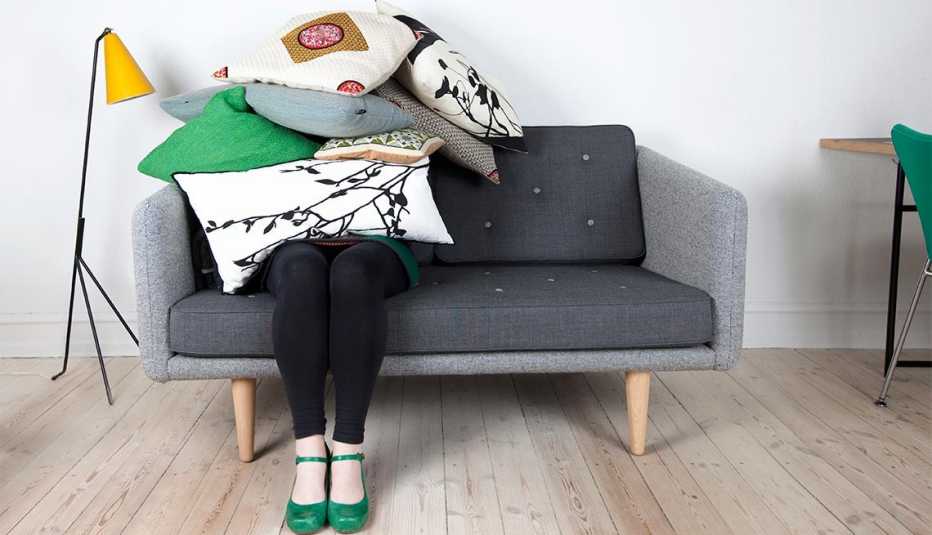AARP Hearing Center


Do millennials experience more stress than other generations? You would think so if you believe the refrain of the Twenty One Pilots' millennial anthem, "Stressed Out":
"Wish we could turn back time, to the good ol' days / When our momma sang us to sleep / But now we're stressed out."
On a more scientific note, the number of college students reporting depression and anxiety has shown slow but consistent growth over the last five years, according to the Center for Collegiate Mental Health at the Pennsylvania State University.
In reality, life is not harder to navigate, although millennials perceive that it is, says Gregg Henriques, a clinical psychologist and James Madison University professor. "What we are seeing is an emergence of a generation that is adjusting to their surroundings with lots of stress, depression and anxiety at greater levels," he says.
Henriques points to several causes: a frenetic 24/7 lifestyle, pressure to succeed in college and careers, competition from peers and a hyperconnection to social media and other technology. He adds that the way many young adults were raised comes into play. "Unfortunately, as a consequence of excessive coddling, kids don't learn how to cope with disappointment, adjust to tough feedback or develop general resiliency skills."
Whatever the reasons, parents can take several steps when an adult child seems distressed. First, though, is not to wait until a crisis to talk to adult children about their sense of purpose. "They are running around like crazy checking off boxes. Take the time to ask them, 'Why are you doing what you are doing? What's your sense of purpose?'"
Often parents are not even aware that adult children are in distress. "I can't tell you how many kids protect their parents from sharing the anxiety and stress that they have. They fear they will lose faith in them or get upset," he says. "We want our kids to be happy, and there's a sense of disappointment if they start to suffer."



































































More on Home and Family
Embrace the Ways of the New Millennial Dad
Fatherhood has a different look for younger generations
Insights on the Life of a Millennial Mom
Times have changed, from gifts to juggling kids
How Parents' Divorce Can Affect Their Adult Kids
Millennials' own lives and feelings deserve attention